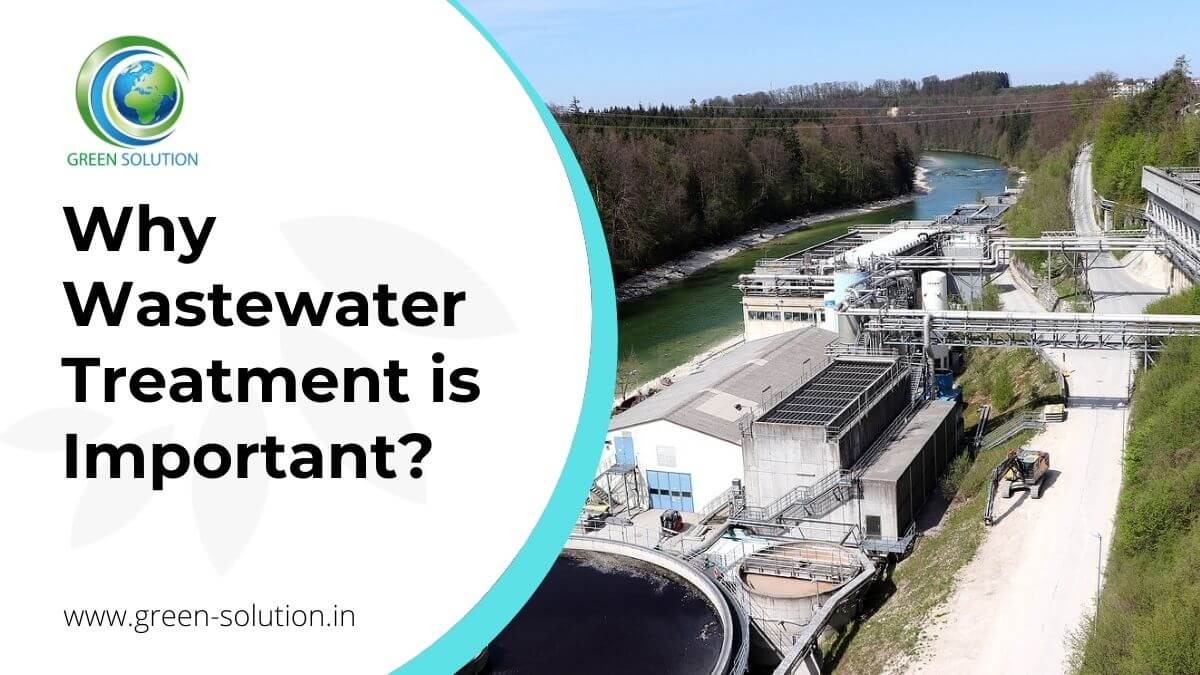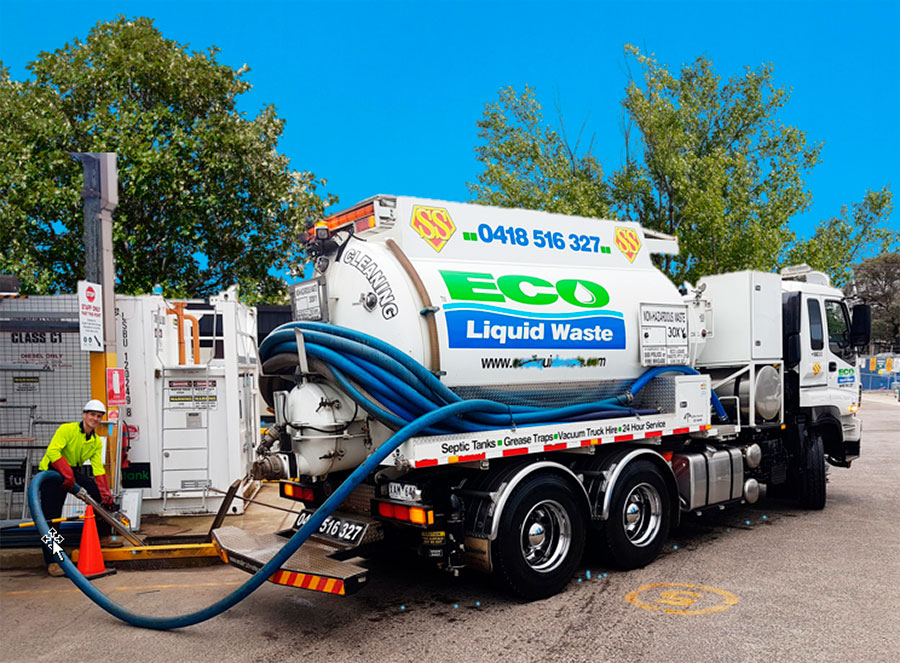Reclaim Waste Things To Know Before You Buy
Reclaim Waste Things To Know Before You Buy
Blog Article
How Reclaim Waste can Save You Time, Stress, and Money.
Table of ContentsThe Best Guide To Reclaim WasteReclaim Waste for BeginnersThe Of Reclaim WasteReclaim Waste Can Be Fun For AnyoneThe 3-Minute Rule for Reclaim Waste
Check out the types, incidents, and forms of fluid waste. Residential sewage waste refers to the waste and items from a residential sewage-disposal tank. This sort of waste is produced by people in residences, institutions, and other buildings. This only consists of septic containers that have a drain field. The appropriate management and disposal of residential sewer waste need liquid waste to be transferred to a sewer treatment plant where the correct approaches and tools are related to detoxify and dispose of waste.
Industrial waste commonly includes possible hazards, such as combustible materials or a mixture of fluid and strong waste items, and needs an advanced and detailed disposal procedure. The disposal of commercial waste normally involves the filtering of waste before transport to guarantee safe and appropriate disposal. Industrial waste is created from byproducts and runoff of industrial processes and manufacturing.
This type of waste can not make use of the exact same sewage administration transportation or procedures as septic or business fluids. The industrial waste management process requires the evaluation and testing of fluid waste prior to it undergoes the disposal procedure (liquid waste disposal melbourne). Overflow waste is the liquid waste that originates from drainage and excess stormwater in highly inhabited locations or cities
Runoff waste can cause contamination and flooding otherwise handled appropriately. Discover more about drain cleansing and waste management. Ensuring correct waste monitoring can protect against catastrophes and reduce ecological damage. Both individuals in property setups and specialists in commercial or production markets can gain from comprehending the procedures and guidelines of fluid waste management.
How Reclaim Waste can Save You Time, Stress, and Money.
Contact PROS Services today to discover our waste management and disposal services and the appropriate ways to look after the fluid waste you produce.
(https://reclaimwaste1.weebly.com/)Do you know what happens to your water when you end, purge the bathroom or drain the cleaning machine? No? Well, it's worth recognizing. This supposed 'wastewater' is not just a vital source however, after therapy, will be released to our land, waterways or the sea. Utilized water from commodes, showers, bathrooms, kitchen sinks, washings and industrial processes is referred to as wastewater.

water utilized to cool equipment or clean plant and devices). Stormwater, a type of wastewater, is drainage that streams from agricultural and urban areas such as roofs, parks, yards, roadways, paths and rain gutters into stormwater drains, after rainfall. Stormwater streams untreated directly to local creeks or rivers, ultimately reaching the sea.
Some Known Details About Reclaim Waste
In Queensland, many wastewater is treated at sewer therapy plants. Wastewater is delivered from domestic or commercial sites with a system of sewage systems and pump terminals, referred to as sewerage reticulation, to a sewage therapy plant. Regional federal governments develop, keep and operate most sewer treatment plants. Operators are accredited under the Environmental Management Act 1994 to release cured wastewater at an appropriate environmental criterion right into waterways.
The Division of Natural Resources suggests local governments regarding managing, operating and keeping sewage systems and treatment plants. In unsewered areas, neighborhood federal governments may need owners to set up individual or household sewer treatment systems to treat residential wastewater from toilets, kitchen areas, shower rooms and washings. The Division of Natural Resources authorises making use of family systems when they are shown to be effective.
In some brand-new class, therapy of some stormwater to get rid of clutter, sand and crushed rock has actually started using gross pollutant catches. Wastewater treatment takes place in 4 stages: Removes solid matter.
Utilizes little living microorganisms knows as micro-organisms to damage down and eliminate staying liquified wastes and fine particles. Micro-organisms and wastes are integrated in the sludge.
Some Ideas on Reclaim Waste You Need To Know
Nutrient removal is not offered at all sewer therapy plants because it requires costly specialized equipment. Clear fluid effluent produced after therapy might still consist of disease-causing micro-organisms - liquid waste disposal melbourne.

The majority of wastewater streams right into the sewerage system. Under the Act, regional governments provide approvals and licences for environmentally appropriate tasks (Periods) involving wastewater releases that may have a neighborhood impact.
Getting My Reclaim Waste To Work
Or else, samples are considered lab analysis. Typically many tests are required to develop the levels of each of the different toxins such as oils, hefty steels and pesticides in water. Monitoring supplies factual details about water quality and can verify that permit problems are being satisfied. The details gotten via tracking supplies the basis for making click reference water high quality decisions.
Report this page